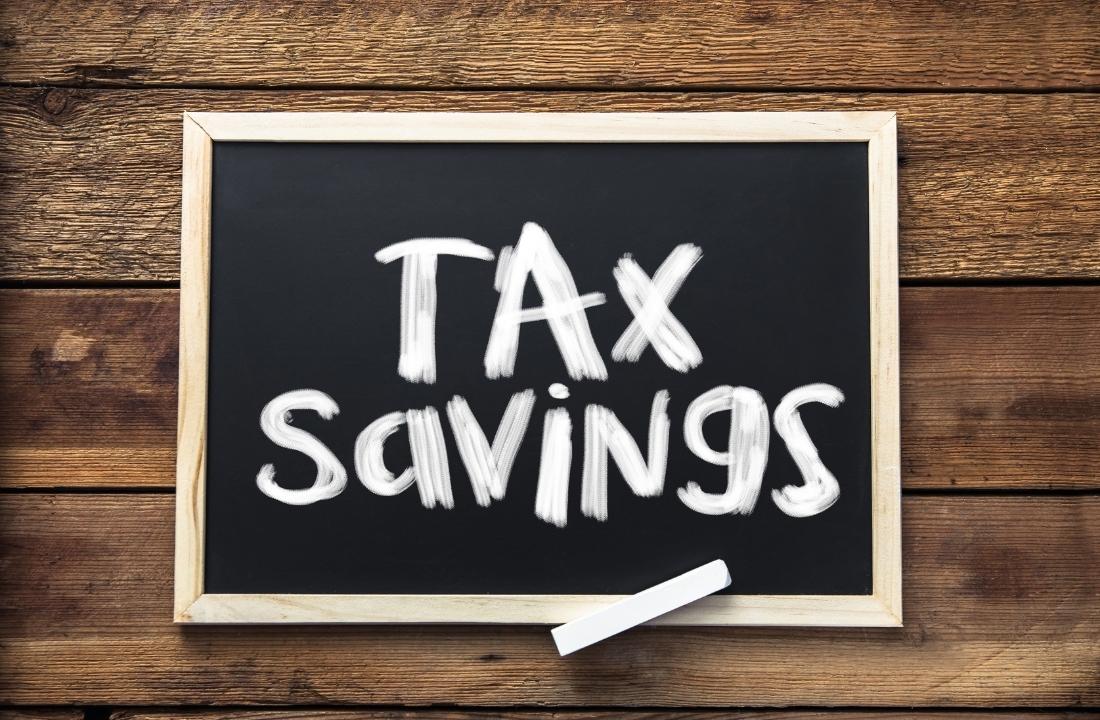8 Tips to Save Tax on Your Business in Canada

As a small business owner, you would naturally want to minimize your tax liability as much as possible. That way, you have more funds at your disposal to build and grow your business, and if you ever decide to sell, there will be more profit left over for you. Here are five tips to help you save tax on your business in Canada.
1. Keep complete records
Good record keeping is essential for any business owner. It can help you save money on your taxes. Be sure to keep track of all your expenses, both big and small. This includes things like office supplies, inventory, shipping costs, and advertising. You should also keep records of any revenue you bring in, whether it’s from sales or investments.
2. Pay your taxes on time
The benefits of paying your taxes on time are numerous. For one, you avoid costly penalties and interest charges. You also maintain a good relationship with the Canadian Revenue Agency (CRA), which can be helpful if you ever need to negotiate a payment plan or request an extension.
Plus, paying your taxes on time shows that you’re a responsible business owner who is organized and takes their financial obligations seriously. All of this can reflect positively on your business, making it more attractive to customers, partners, and investors.
3. Hire one of your family members
If you hire a family member, you may be able to take advantage of some tax benefits. For example, you can deduct his/her salary as a business expense. This can help to reduce your overall tax bill.
Just make sure that the family member is actually working for the business and that his/her salary is reasonable.
4. Do not mix up personal and business expenses
Keeping business and personal expenses separate is important for a number of reasons. First, it helps you keep track of your business expenses for tax purposes. Second, it can help you avoid commingling personal and business funds, which can lead to problems down the road.
Make a habit of keeping a separate business debit/credit card and pay for anything related to your business with that card. That way you will simplify your record keeping and avoid any red flags with the CRA.
5. Invest in an RRSP or TFSA
By contributing to a Registered Retirement Savings Plan (RRSP) or a Tax-Free Savings Account (TFSA), you can earn investment income that is tax-free.
Make sure you make them a part of your savings goal. Talk to our financial advisors to know more.
6. Keep track of losses
If you have ever lost money because of a customer not paying, a failed investment, or a burglary of your business, these are losses that can be subtracted from your tax obligations.
7. Do not forget to deduct utility bills
Many home-based business owners forget about key expenses like water bills, internet charges, and stamps. Do not make this mistake. These can be adjusted in your tax bill.
If you are operating a business from home, the CRA also requires you to calculate the percentage of your home used for business in order to determine the amount of rent, mortgage interest, utilities, and other expenses you can claim.
8. Lastly, include moving costs (if applicable)
Do you move around a lot for your business?
The costs associated with moving at least 40 kilometers to run your business can be claimed, including transportation and storage fees, realtor commissions, and charges for any connection or disconnection of utilities.
